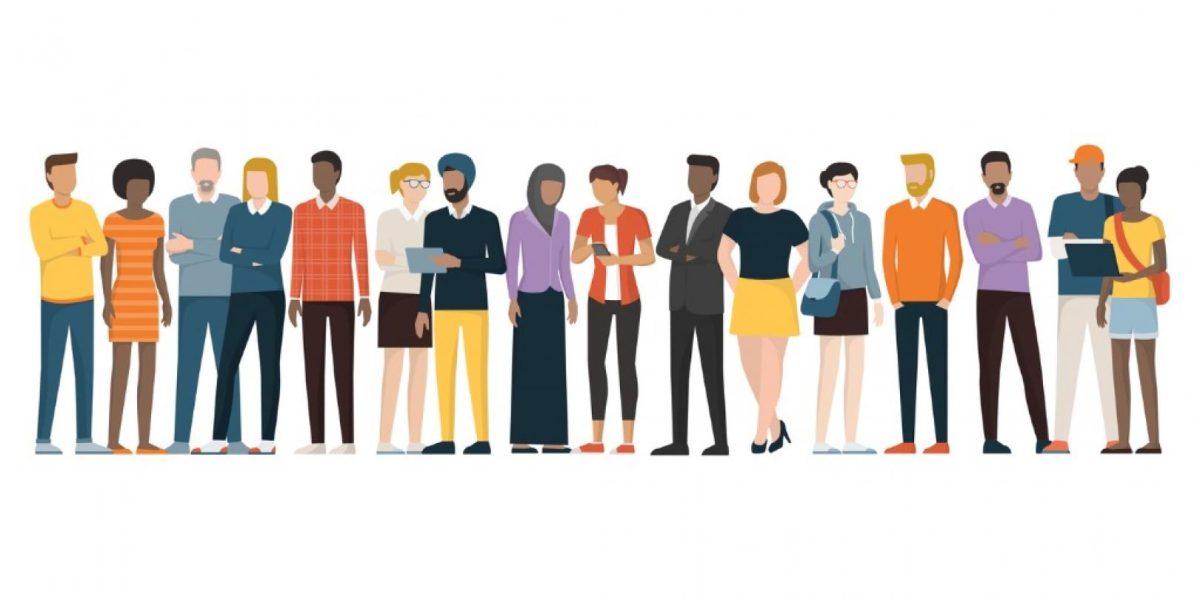What image comes first when you hear the word “genius”? As a society, our culture wires us to picture a man; in most instances, a white man. I even searched the words “famous geniuses,” and it’s an infinite scroll of nothing but white men. I eventually found women included on the list, but that was a list of famous “lady geniuses.” Hopefully, I don’t have to explain why such a tabulation is problematic. However, it did lead me to investigate whom we forget when we apply that label so quickly to men? And why aren’t more Black women considered geniuses?
The 2010s were a crucial time for the politics of Black men. We saw it in the works of Kendrick Lamar, Donald Glover, Ryan Coogler and Jordan Peele. However, when we have these conversations, Black women are often left in the side view. Peele was quickly given the title of “genius” after creating the excellent movie “Get Out.” On the other hand, when was the last time a Black woman has been universally given the title “genius” after one body of work? It just doesn’t happen. SZA released the universally admired album, “CTRL,” but critics didn’t attach to her name the title of genius like they quickly do for men. Even Beyonce gets this treatment, and what does she have to do to be labeled as a genius? Instead, we try to justify it as just “God-given talent,” as if she has not been changing the direction of American music for the past decade. The fact some people are still in denial of her influence after her world-stopping Coachella performance still baffles me. The quickness in which the country gives Black men this title is an often overlooked example of Black male privilege.
Furthermore, we can take a look at the recent works by Janelle Monae and Solange Knowles, namely “Dirty Computer” and “When I Get Home.” These two albums were two of the best albums in recent memory. However, we don’t show these artists the respect that someone like Drake has received. Let me put this in perspective, Solange dropped the album, “When I Get Home” in 2019. The album was eligible for as many Grammys as the Recording Academy voters would like to enter it in and was a frontrunner for the Album of The Year award. However, the Recording Academy shunned her entirely in every category. This is only one of the few examples of how we value Black women’s work. In Grammys’ history, they have nominated only a handful of Black women for Album of the Year. Rembert Browne, writer at Vulture magazine said it best, “For a Black artist to win album of the year, they have to make an album of the decade.” In fact, Lauryn Hill had to create the album of her lifetime with the “Miseducation of Lauryn Hill” to be included in the list of the 10 Black artists to win Album of the Year.
Most of the time, the people who are doing the genius-calling are typically men talking about other men. There is a pattern of Black men who gain a certain level of validation from their peers, and their next aspiration is to seek the validation of established white men. The people they are aspiring to are never really other Black women, and I believe that is problematic. A prime example of this is Kanye West. West is so engaged in his battle to attain white privilege that he’ll proclaim an ignorant statement such as “slavery was a choice.” West is stuck in the false belief that his proximity to whiteness will return some sort of white privilege for him. The privileges he aims to attain include incompetence, mediocrity and mistake proneness. I don’t know any Black women dying to have a white man’s life in my personal experience. What I see is Black women uplifting other Black women and men, even though it is not always reciprocated by the latter.
We all are able to proclaim sayings on the internet like “support Black women” or “Black women deserve better,” and it’s good that at least the bare minimum is finally being said. However, if we’re not doing the work to support them, it’s nothing but lip service. We can tweet all we want, but do we pay attention to women’s achievements and take them seriously? I am delighted with the attention currently given to Black creators such as Peele, Lamar, Glover and others. It’s always a good thing when we elevate marginalized voices, and I don’t want to diminish the works they’re doing in any fashion. However, when those voices are listened to and labeled as our society’s commentators, the voices of Black women should be elevated as well. Voices such as Angela Davis, Audre Lorde, Zora Neale Hurston, Toni Morrison and others should receive the same acclaim that we readily throw to a lot of men. If we cannot expand the definition of genius to include those that aren’t the ideal male, maybe we should throw the whole term away.
Ozioma Mgbahurike is an electrical engineering sophomore and opinion writer for The Battalion.
Who gets to be a genius?
October 12, 2020
Photo by Creative Commons
Opinion writer Ozioma Mgbahurike examines who gets forgotten when we think of the term “genius” and why the term is rarely applied to Black women.
Donate to The Battalion
Your donation will support the student journalists of Texas A&M University - College Station. Your contribution will allow us to purchase equipment and cover our annual website hosting costs.





















